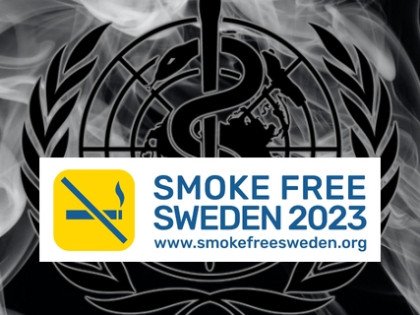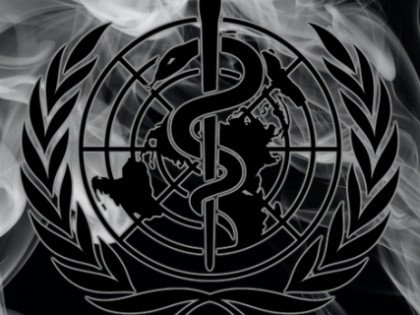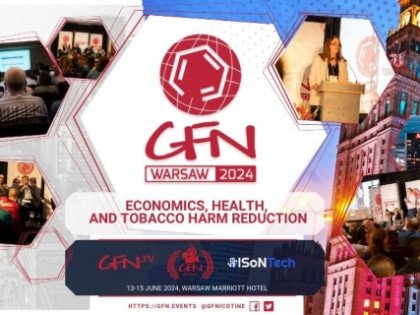INNCO was formed in 2016 as a global non-profit consumer organisation, now made up of 40 independent, autonomous consumer groups, and works to represent the interests of consumers, not industry. INNCO says it “unites the voices of consumer groups across six continents in our call for rights-based, risk-relative and balanced tobacco harm reduction (THR) policies as a legitimate human right.”
INNCO told the APPG there were a number of issues rising from the WHO’s lack of transparency. From the experts the Study Group invited to submit evidence to the research papers they claim to have reviewed, the WHO has engaged in secrecy from beginning to end.
The WHO says it believes in being open, but INNCO said: “Lack of transparency relating to information crucial in assessing global regulatory policy diminishes trust by the general population, current users and the academic community, which can have consequences far beyond simply the tobacco product regulation arena.”
INNCO concluded: “The escalating WHO strategy to prohibit and reduce adult access to lower risk nicotine products while maintaining legal worldwide access in billions of outlets to deadly smoking products runs counter to achieving the global health objectives of increasing population health and life expectancy and decreasing the terrible burden of smoking-related death and disease.”
Last week, INNCO published an article (2) where it continued its discussion relating to the WHO. This time it covered good COPs and bad COPs.
“Have you heard about COPs? Not the guys in uniforms, but “Conferences Of Parties (COPs).” Usually, it comes with a number, COP9, COP21, COP26… What does it mean? It’s pretty simple: each multilateral United Nations (UN) treaty is signed and/or ratified by some countries. When a country ratifies a UN treaty, it becomes “Party” to the treaty and gains a seat at COPs for that treaty. Each Party sends a delegation to the COP, which is the decision making body for that treaty.”
INNCO detail how some COPs are more open and inclusive than others. The FCTC COP9 will take place in The Hague later this year.
“Decisions taken at the FCTC COP9 will directly impact the health of 1.1 billion people around the world who smoke, 80% of whom live in Low- and Middle-Income Countries (LMICs).”
INNCO’s article provides a good background to what will take place in November and what our politicians should be doing about it. It can be found on the link below.
References:
- INNCO’s submission to the All-Party Parliamentary Group for Vaping - https://innco.org/wp-content/uploads/2021/02/1-February-2021-INNCO-Submission-to-UK-APG-for-Vaping-COP9.pdf
- Not a fair COP, an article by INNCO - https://medium.com/@INNCO.org/not-a-fair-cop-98bafbd37a08
Dave Cross
Journalist at POTVDave is a freelance writer; with articles on music, motorbikes, football, pop-science, vaping and tobacco harm reduction in Sounds, Melody Maker, UBG, AWoL, Bike, When Saturday Comes, Vape News Magazine, and syndicated across the Johnston Press group. He was published in an anthology of “Greatest Football Writing”, but still believes this was a mistake. Dave contributes sketches to comedy shows and used to co-host a radio sketch show. He’s worked with numerous start-ups to develop content for their websites.
Join the discussion
Do It Swedish-Style
Health advocates have urged policymakers to replicate Smoke-Free Sweden by “doing it Swedish-Style”
A Missed Opportunity at COP10
The Smoke Free Sweden movement says that COP10 was a missed opportunity to save millions of lives
Alarm Regarding WHO’s Opacity
The Coalition of Asia Pacific Tobacco Harm Reduction Advocates sounds the alarm on WHO and FCTC's “disturbing lack of transparency”
Come To GFN24!
Everyone is going to be welcome at #GFN24 as organisers say it will be an “antidote” to clandestine WHO COP10 and its meetings behind closed doors






-listing400.jpg)




